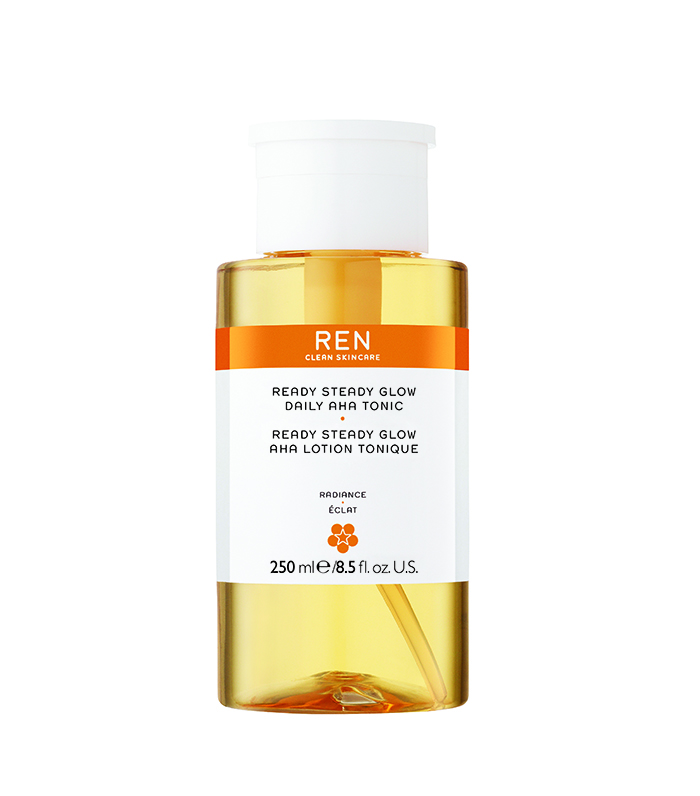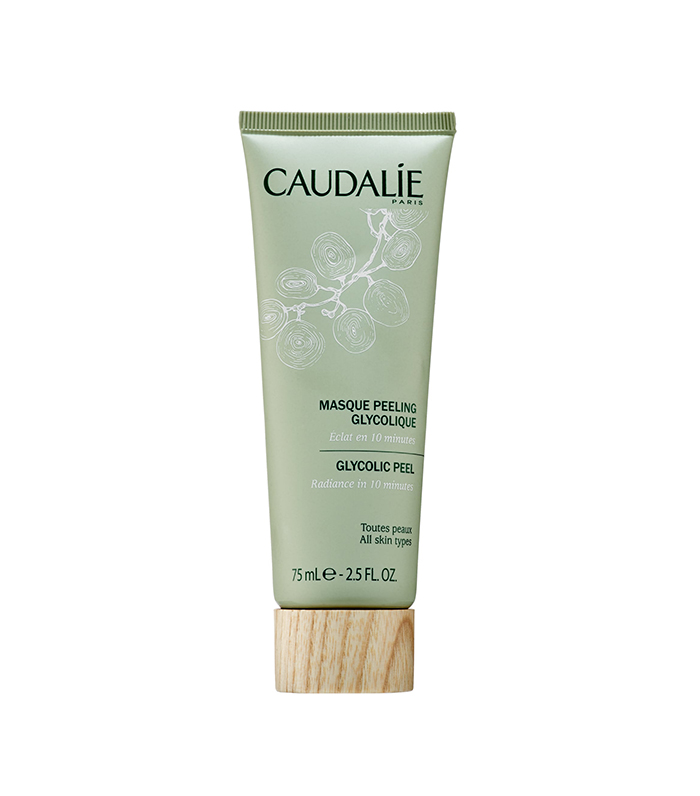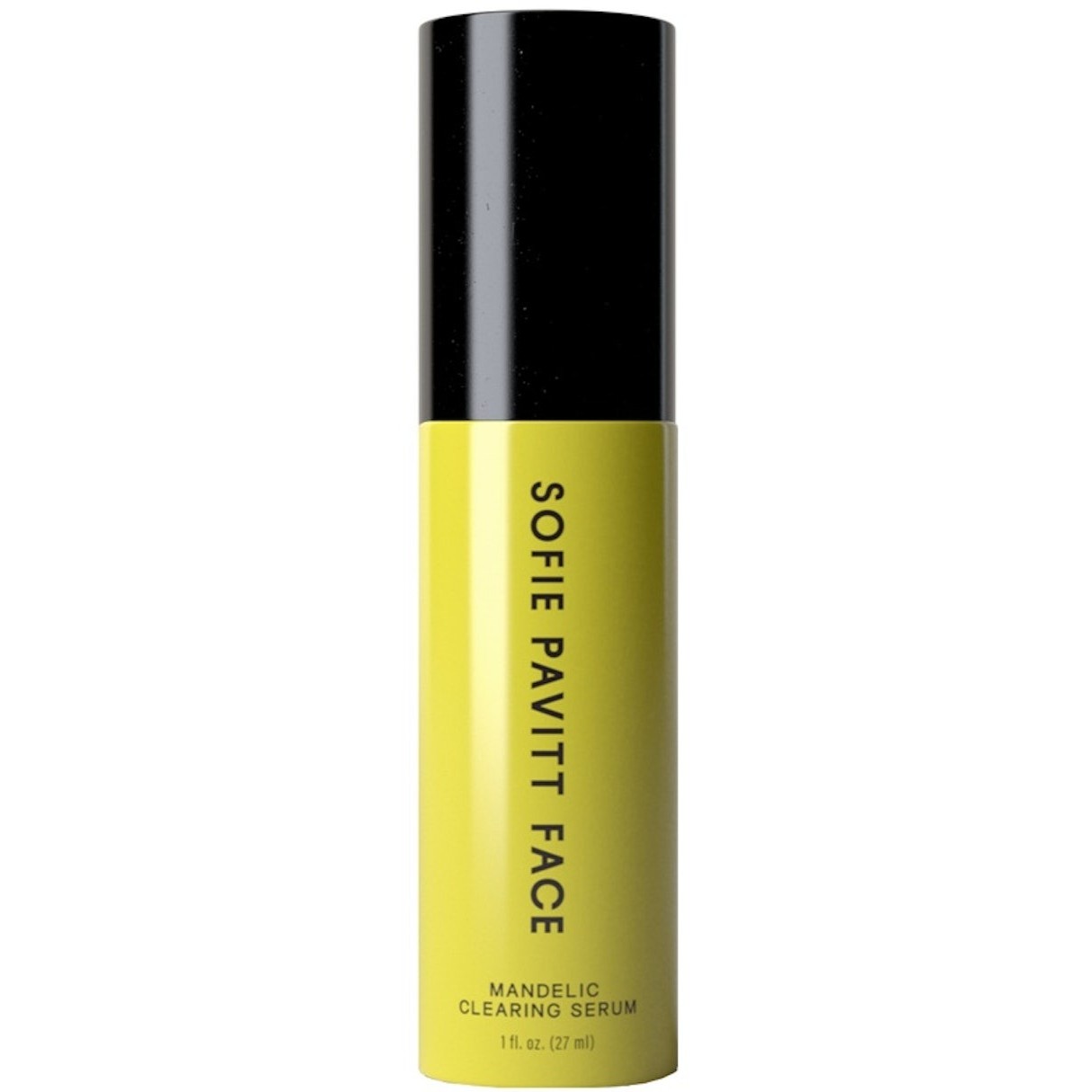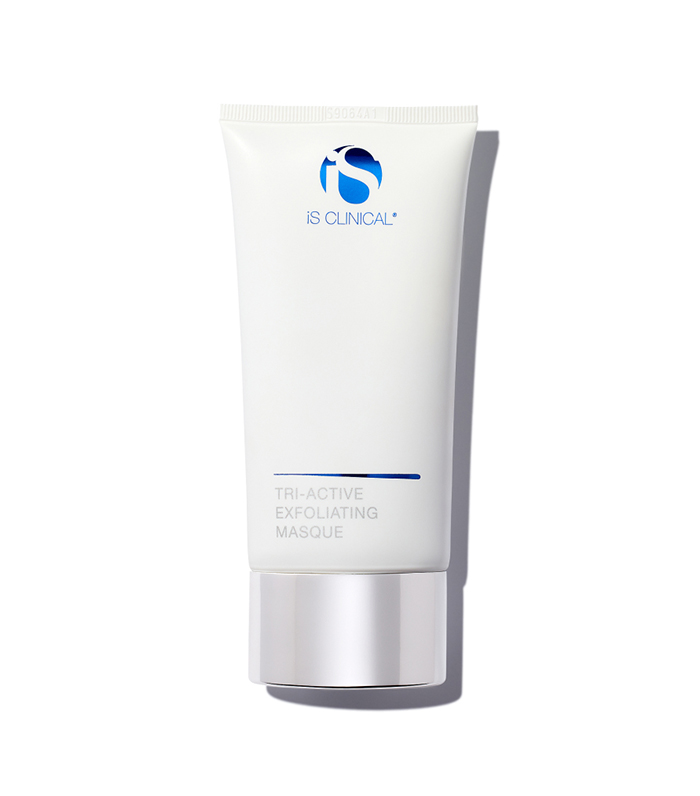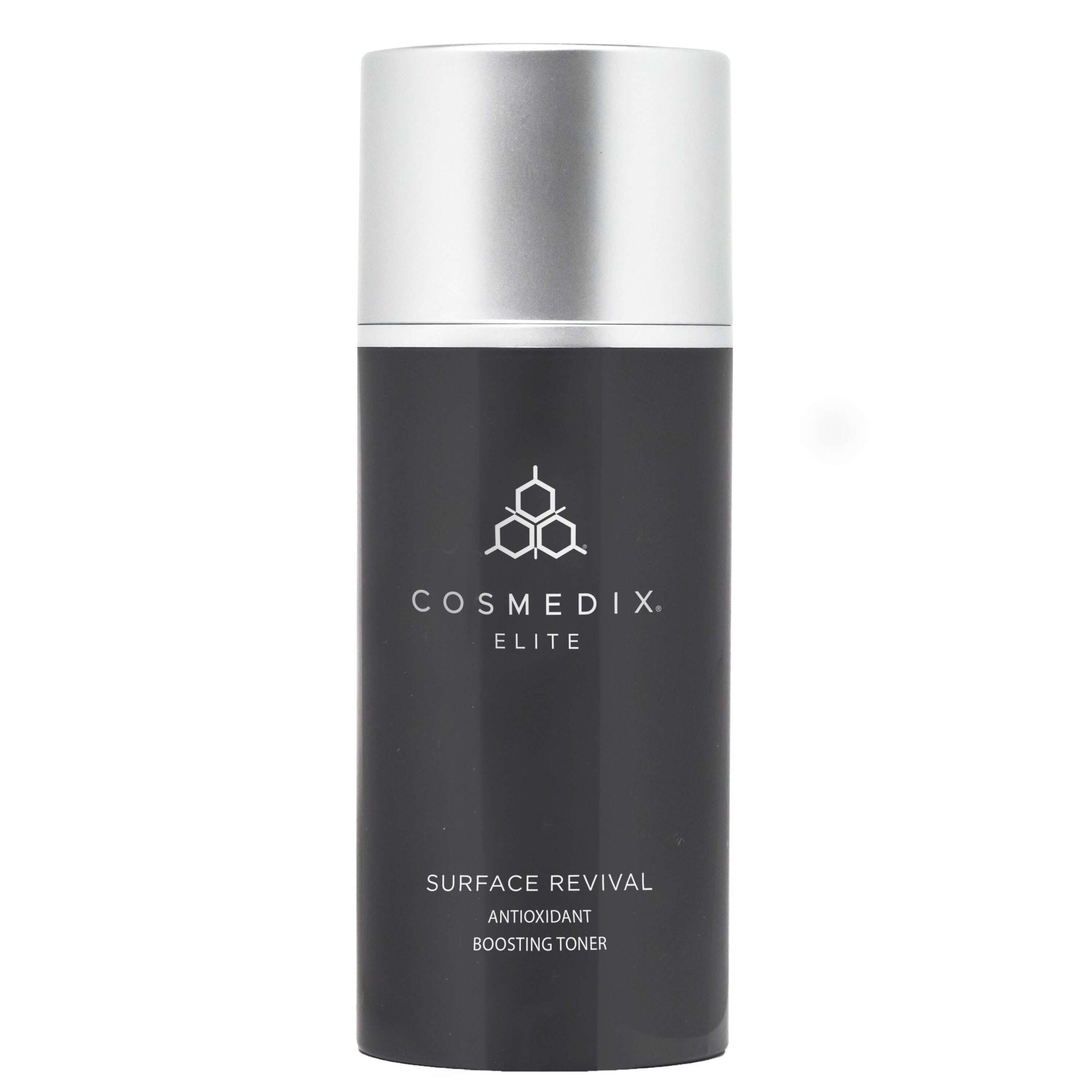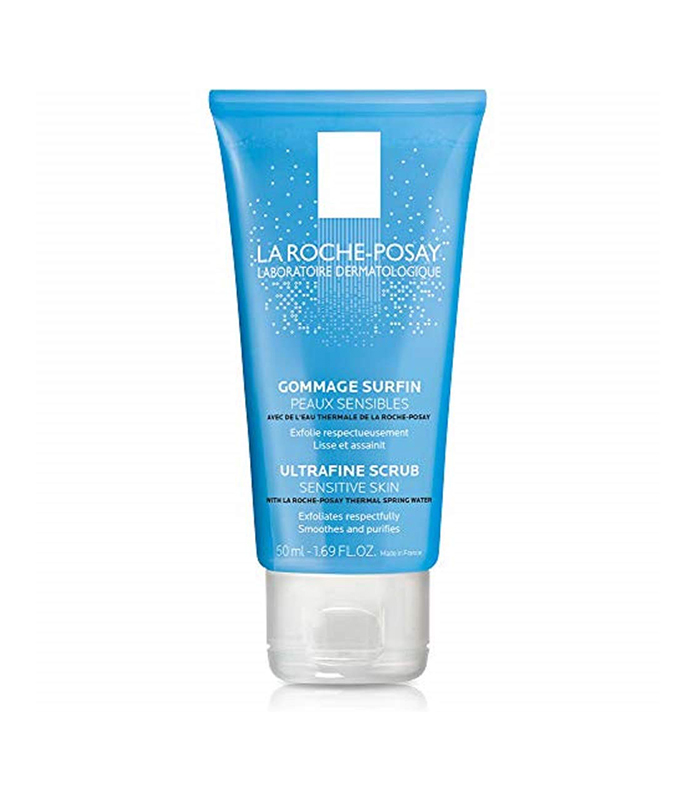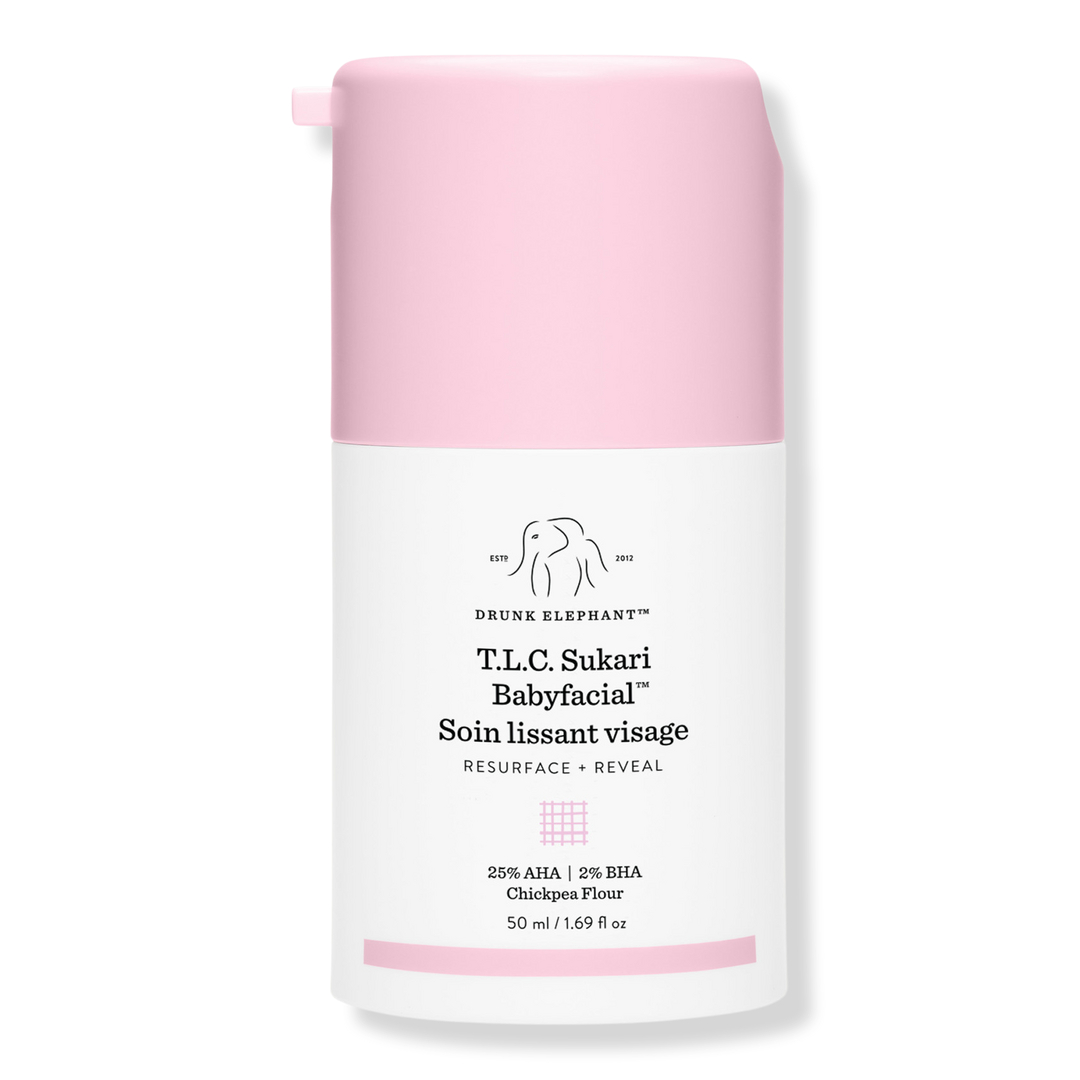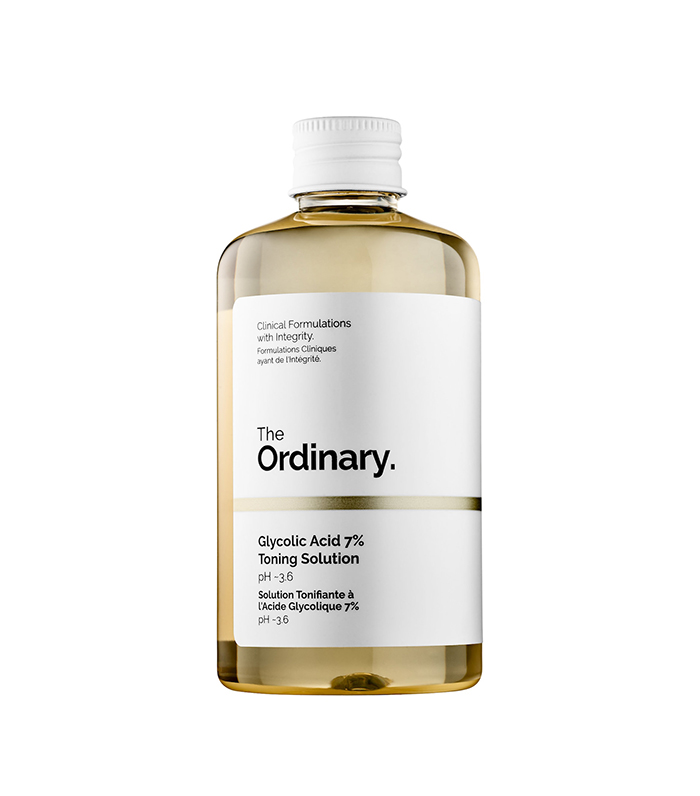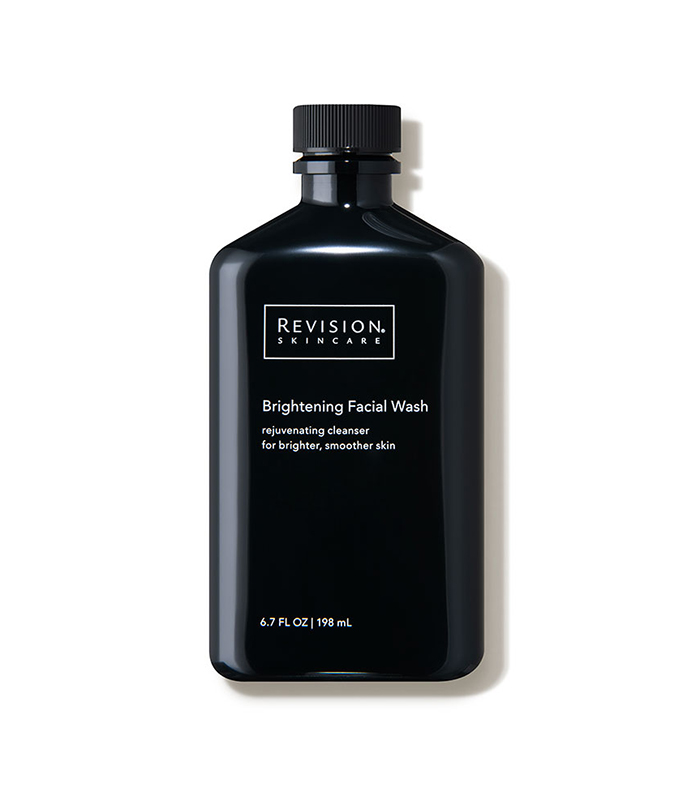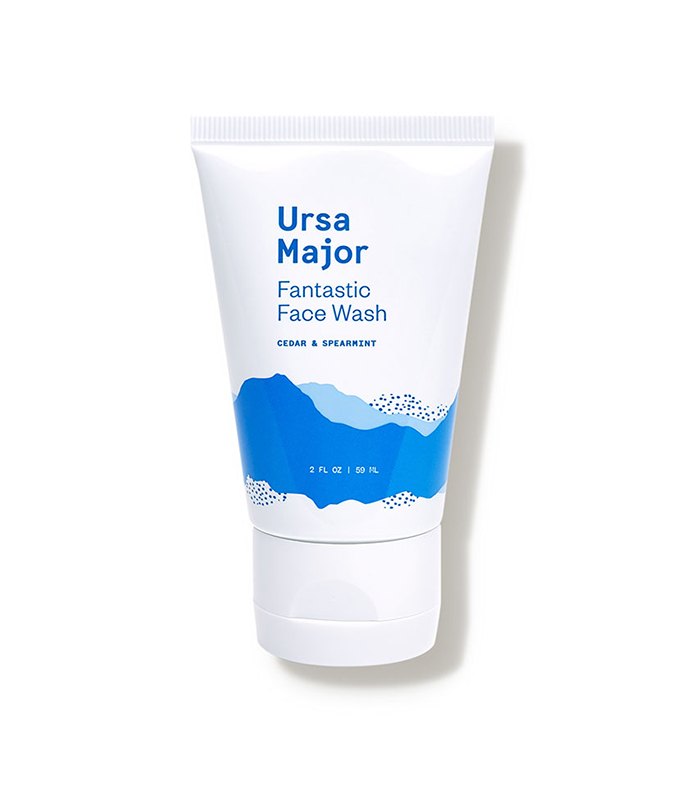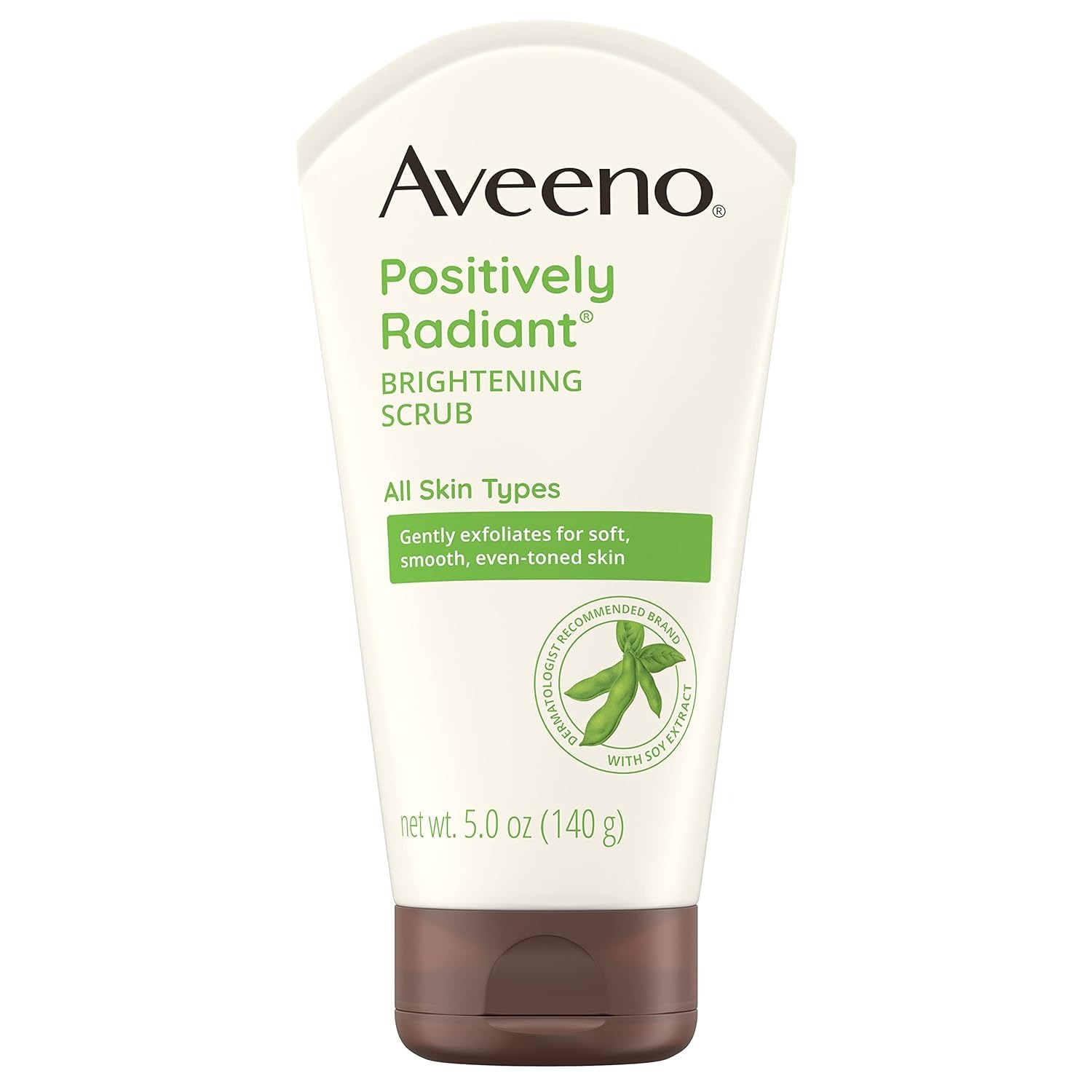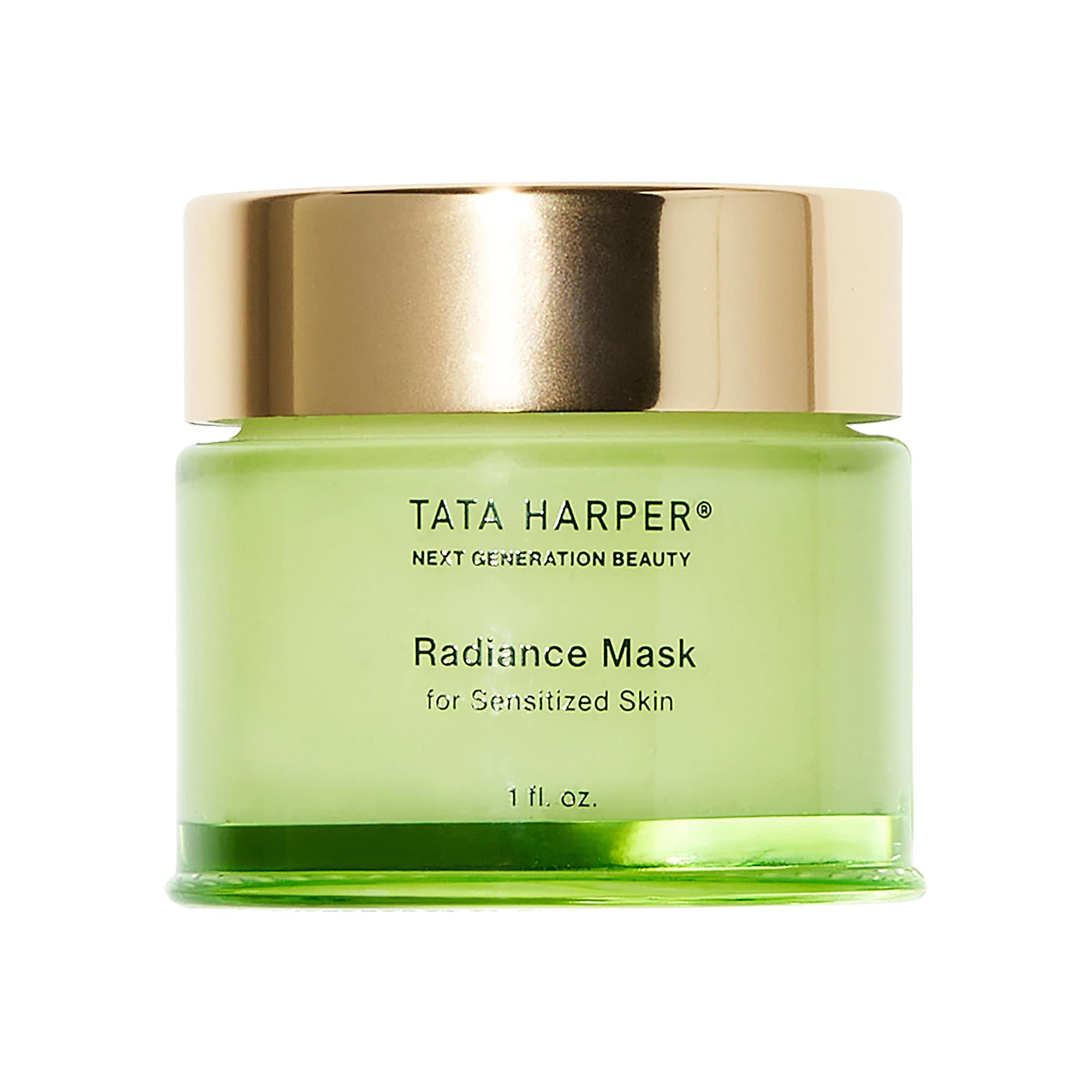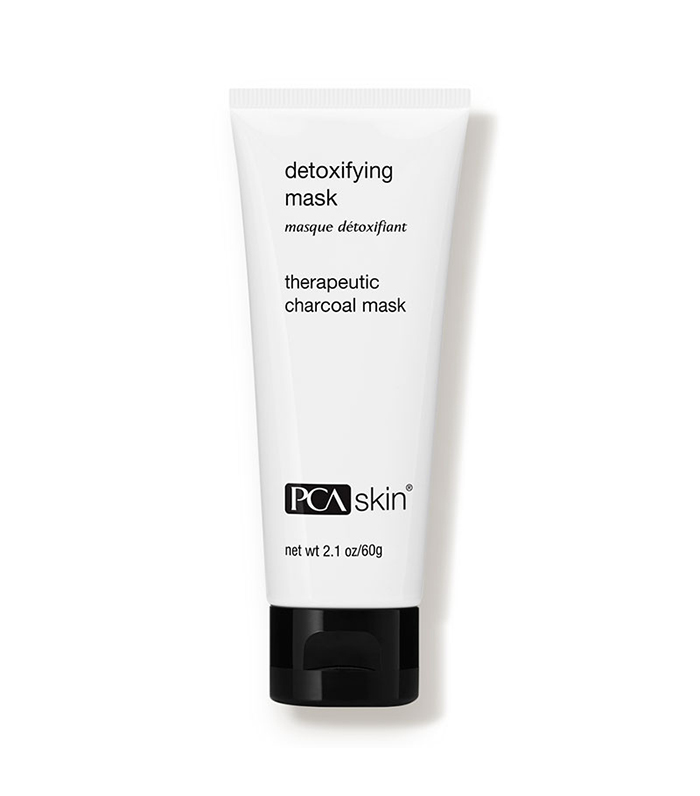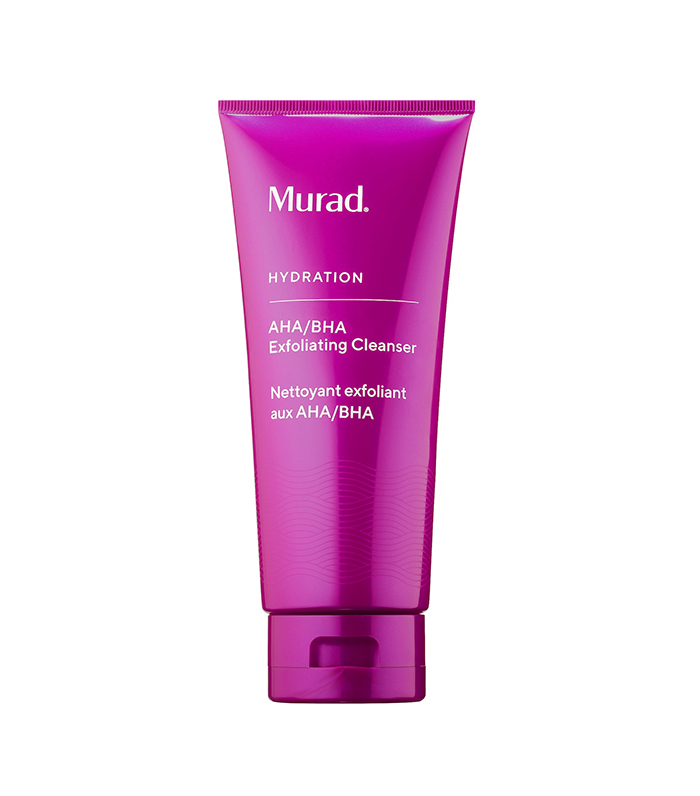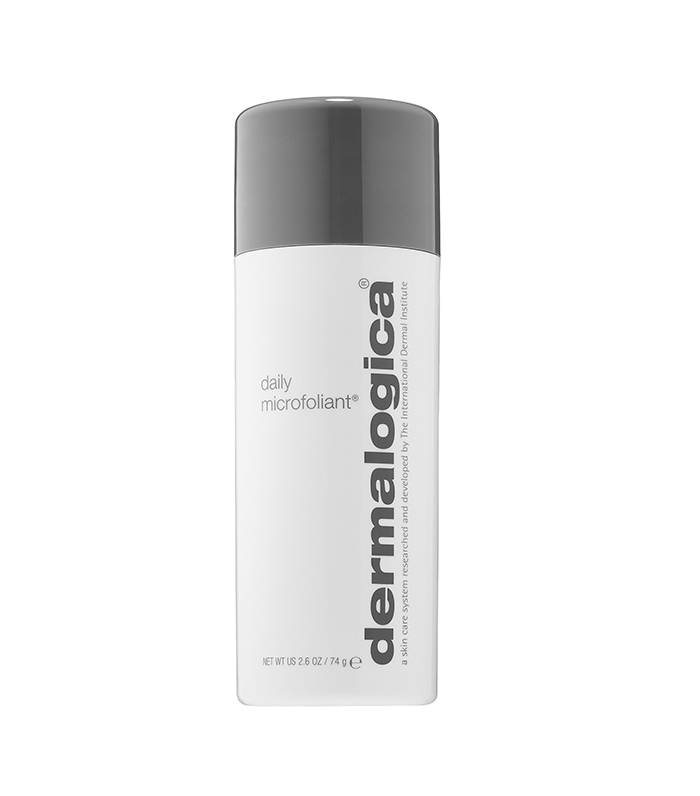21 Exfoliants That Truly Smooth and Transform Your Skin, According to Experts
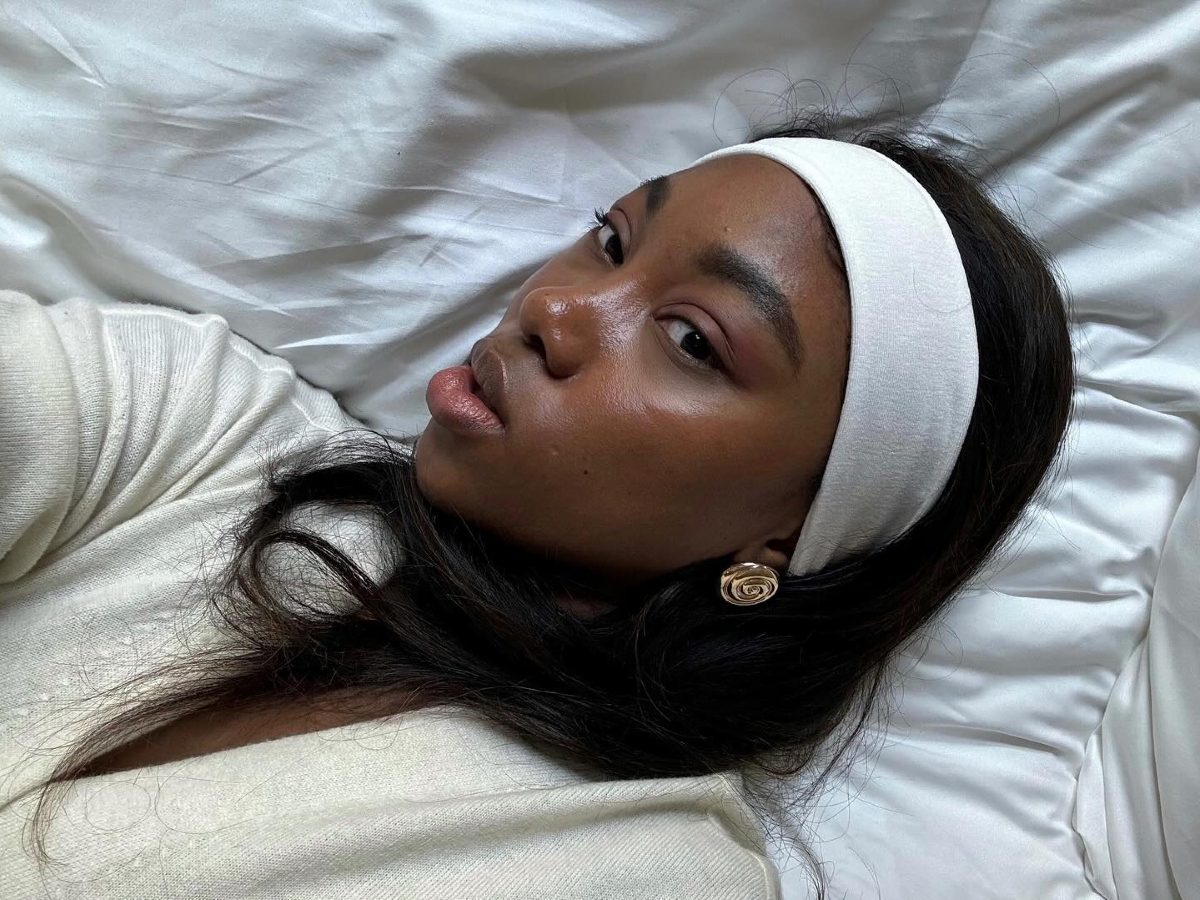
Exfoliation is a hot topic among skincare experts. When done correctly, it can smooth out your skin's texture, reduce fine lines, and keep breakouts at bay. When done incorrectly, though, it can lead to a host of issues, including a damaged skin barrier. Before you freak out, don't worry. With the right expert advice and knowing when to exfoliate in your routine, you'll get it right. We asked experts for a bit of advice on this topic to get the full rundown for each skin type. For all their advice, keep scrolling below.
Our Top Pick for Mature Skin: PCA Skin Revitalizing Mask ($68)
Our Top Pick for Acne-Prone Skin: Paula's Choice 2% BHA Liquid Exfoliant ($35)
Our Top Pick for Sensitive Skin: Cosmedix Surface Revival ($70)
Our Top Pick for Combination Skin: Kate Somerville ExfoliKate Intensive Exfoliating Treatment ($78)
Our Top Pick for Normal Skin: Grown Alchemist Polishing Facial Exfoliant ($67)
Our Top Pick for Dry Skin: Ursa Major Fantastic Face Wash ($11)
Our Top Pick for Oily Skin: Dermalogica Daily Microfoliant Exfoliator ($66)
Chemical vs. Physical Exfoliants
For reference, chemical exfoliants usually contain acids like alpha hydroxy (glycolic and lactic), beta hydroxy (salicylic), and polyhydroxy. Mechanical or physical exfoliants are scrubs, sugars, loofahs, or brushes.
There is a lot of debate among skincare experts about physical exfoliants, with some saying that they can cause micro tears in the skin if you're not careful. If you scrub too hard or the particles in your scrub are too large or sharp, this can occur. "Any scrubs with large particles like apricot pits should be avoided, as they can cause micro-tears in the skin—at any age," says board-certified dermatologist and founder and director of Chicago Cosmetic Surgery and Dermatology Carolyn Jacob, MD, FAAD. "Anything that is too drying or used too frequently should also be avoided."
Chemical exfoliants, believe it or not, are a bit gentler on the skin. Jacob adds, "Chemicals may sound more aggressive yet can often be gentler than mechanical exfoliants, which are physical scrubs."
If you have sensitive skin, you'll want to start slow, though. "A good starting point is to just start incorporating a mild chemical exfoliating cleanser or wash into your routine once a week," suggests Caroline Robinson, MD, FAAD, board-certified dermatologist and founder of Tone Dermatology.
Chemical exfoliants can be a great addition to your routine, but you also have to be careful not to over do it. "Over-exfoliation (either using products that are too harsh or exfoliating too often) should be avoided, as this can damage the skin barrier and lead to inflammation and irritation," says board-certified dermatologist Carolyn Stull, MD.
Why Exfoliation Is So Important

In addition to sloughing off dry skin, exfoliation helps reduce the appearance of dull skin and uneven skin tone. It can help prevent breakouts. It can make your other products work even better. And it especially helps as you get older and your skin doesn't have as much cellular turnover and sebum production slows—exfoliation can stimulate new cell growth.
A good exfoliation routine can start in your early 20s. "We actually start to get one of the first signs of aging—dullness—and that starts to appear around 25 or so, when you just notice that your skin isn't as glowy, and so incorporating some exfoliation, starting with that change, is important," Robinson says.
The Best Exfoliants for Each Skin Type
Skincare is super individualized, so of course, everyone has different exfoliation needs, and it all depends on your skin type. I asked dermatologists to break it down for me.
First, Stull has a few recommendations. "Alpha-hydroxy acids including glycolic acid, lactic acid, and mandelic acid have humectant and keratolytic properties, meaning they help draw moisture into the skin while providing exfoliation. As a result, these agents are well-suited for most skin types including sensitive skin." For acne-prone skin, Stull has another recommendation. "Salicylic acid is an exfoliant that also helps regulate sebum production and can be a good choice for those with oily, acne-prone skin."
For the best picks for each skin type, take a peek below.
The Best Exfoliants for Mature Skin
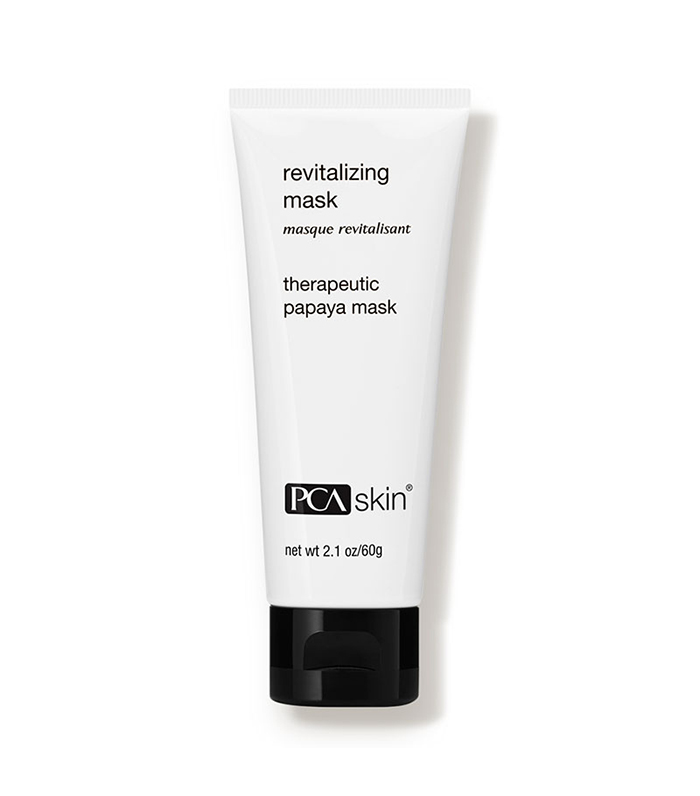
"Most mature skin tends to be a bit drier, so enzymes are a good choice, like those found in the Revitalizing Mask by PCA Skin," adds Jacob. "Some mature skin can experience menopausal acne, but it can't be treated the same way we treat teenage acne. Gentle exfoliants, retinols, and peels are still a good choice for them. "
The Best Exfoliants for Acne-Prone Skin
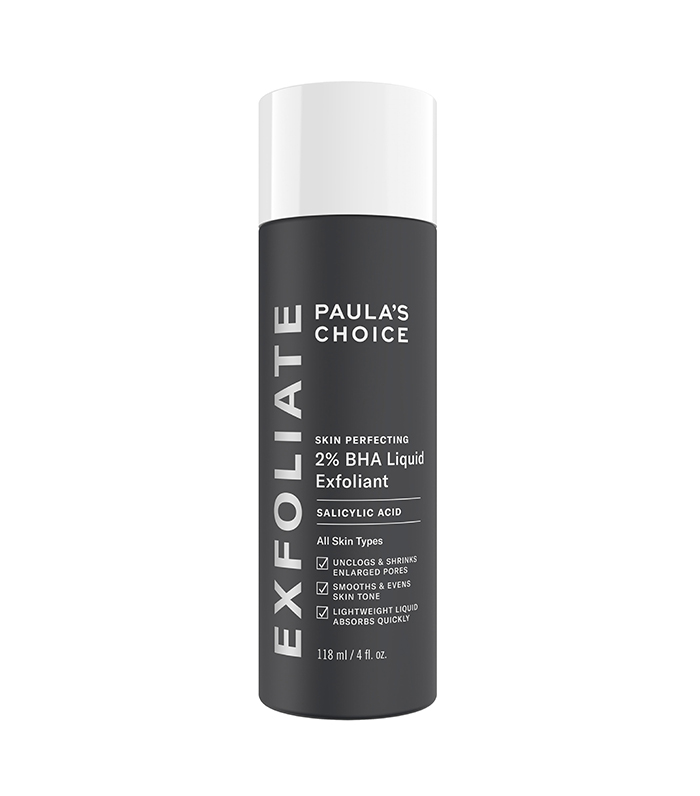
Heather Woolery-Lloyd, MD, FAAD recommends once- to twice-weekly exfoliation with chemical products like salicylic acid or glycolic acid. She says you can even use it daily if there is no irritation.
The Best Exfoliants for Sensitive Skin
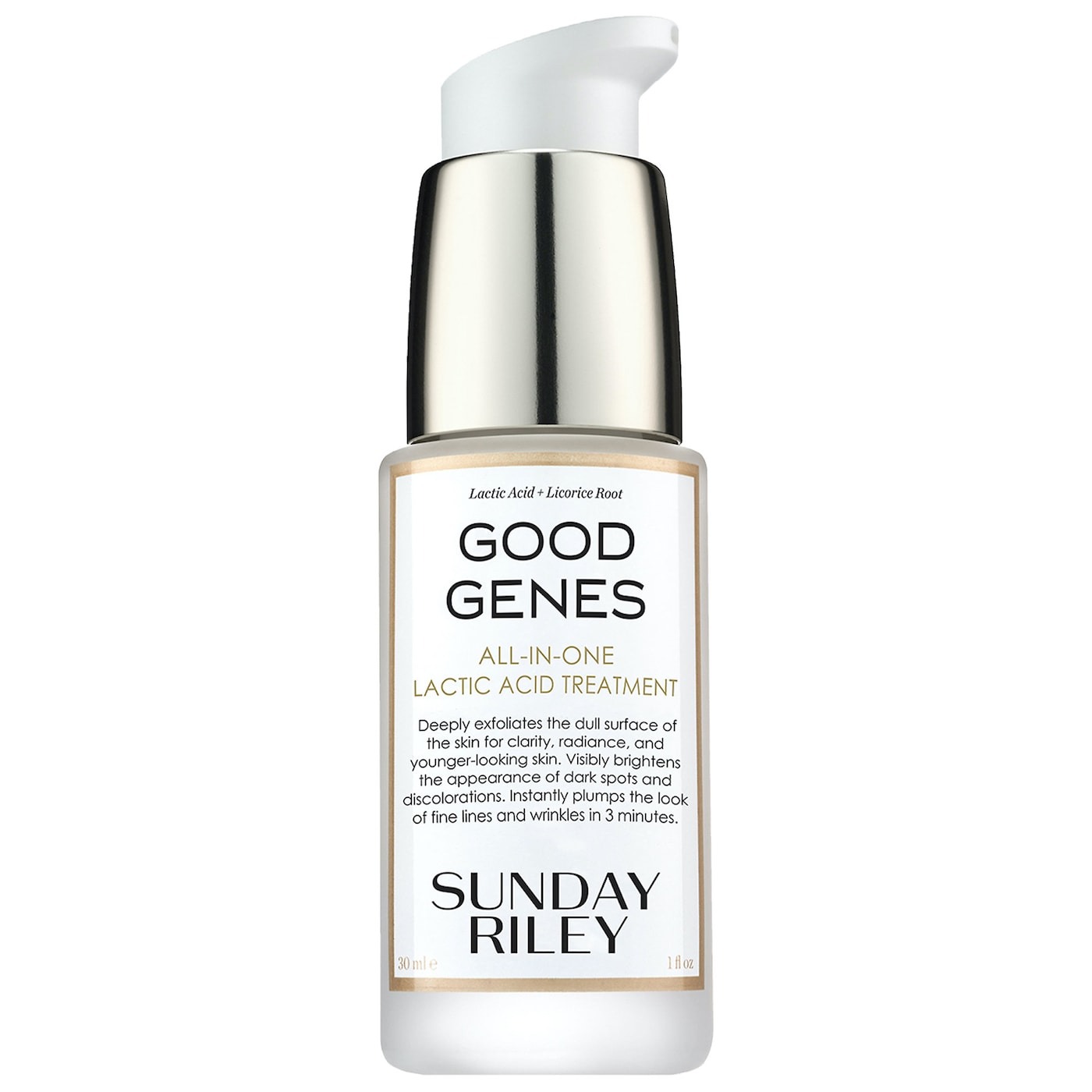
Sunday Riley's brightening, hydrating, and clarifying treatment serum works great for most skin types, but if your skin is sensitive, this might be your ticket. Lactic acid is one of the most gentle AHAs and it simultaneously hydrates while it exfoliates.
The Best Exfoliants for Combination Skin
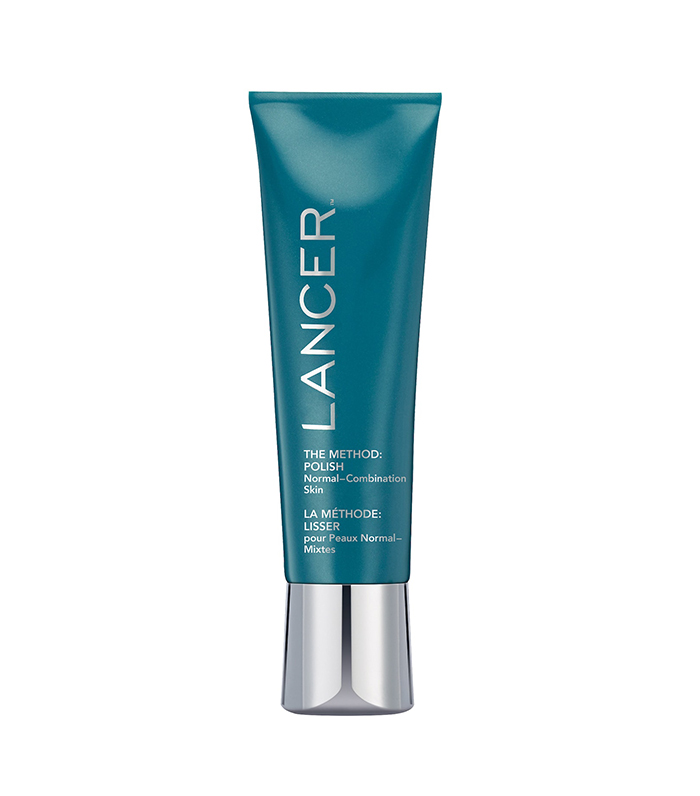
Formulated for normal and combination skin, this daily exfoliator has natural quartz, sodium bicarbonate crystals, and pumpkin and pomegranate extracts to remove dead skin cells. And it doesn't leave your skin dried out, as brown sea algae provide moisture.
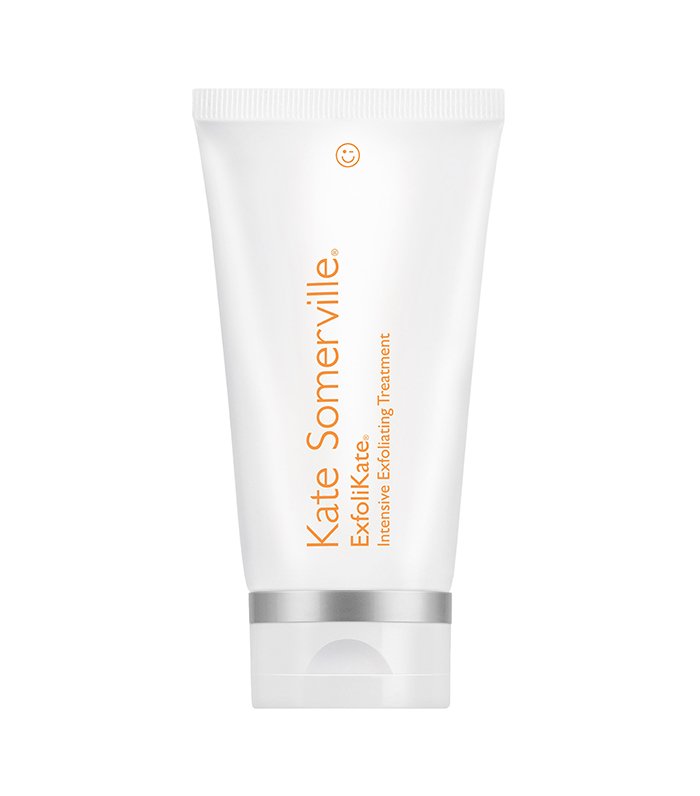
Designed for people with dry, normal, combination, and oily skin, this product is a cleanser, scrub, peel, and mask in one. Ingredients include natural AHAs, silica, lactic acid, and fruit enzymes. It's recommended to use this once or twice a week.
The Best Exfoliants for Normal Skin
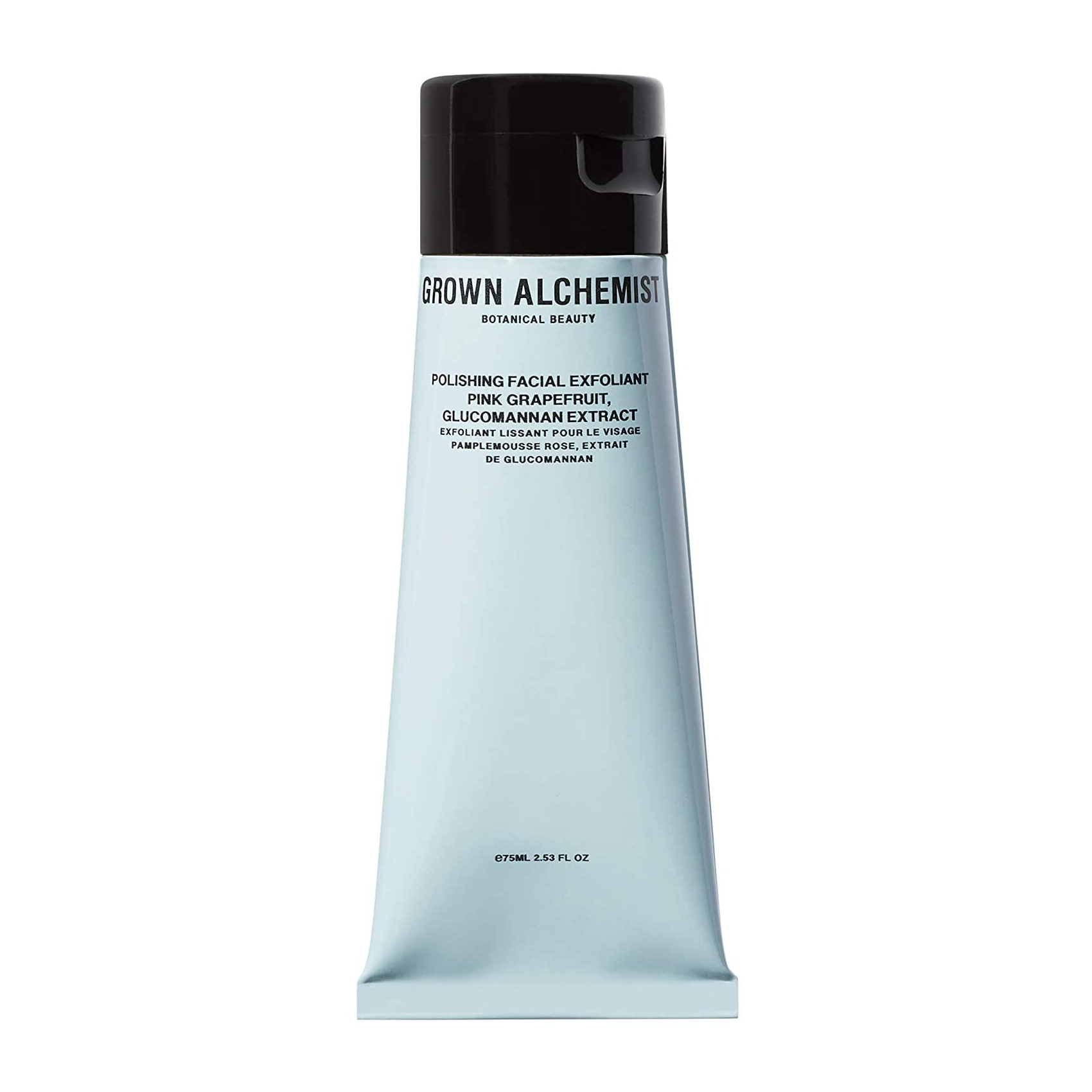
This gentle face polish from Grown Alchemist is a physical exfoliant, but it's incredibly gentle with bamboo particles and contains additional botanical extracts like grapefruit and peppermint leaf. This may work best for normal skin types. Physical exfoliants definitely aren't always bad. If your skin barrier isn't compromised, the right physical exfoliant might be just what you need.
The Best Exfoliants for Dry Skin
The Best Exfoliants for Oily Skin
Sarah is lifestyle writer and editor with over 10 years of experience covering health and wellness, interior design, food, beauty, and tech. Born and raised in Los Angeles, she attended New York University and lived in New York for 12 years before returning to L.A. in 2019. In addition to her work atBest Knockoff Luxury Clothing , she held editor roles at Apartment Therapy, Real Simple, House Beautiful, Elle Decor, and The Bump (sister site of The Knot). She has a passion for health and wellness, but she especially loves writing about mental health. Her self-care routine consists of five things: a good workout, “me” time on the regular, an intriguing book/podcast/playlist to unwind after a long day, naps, and decorating her home.
